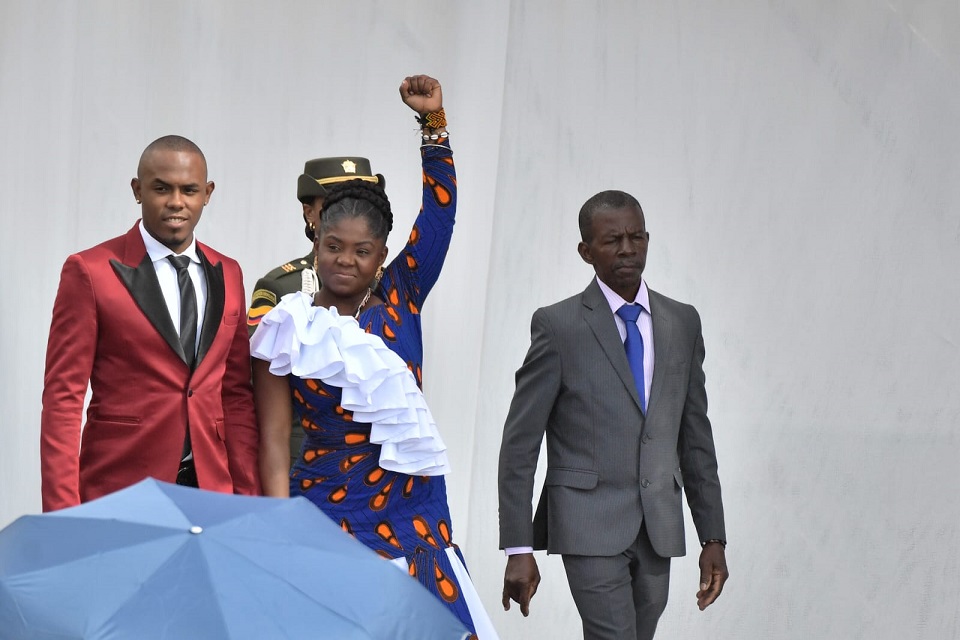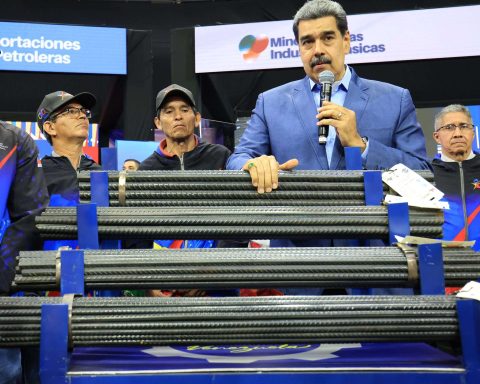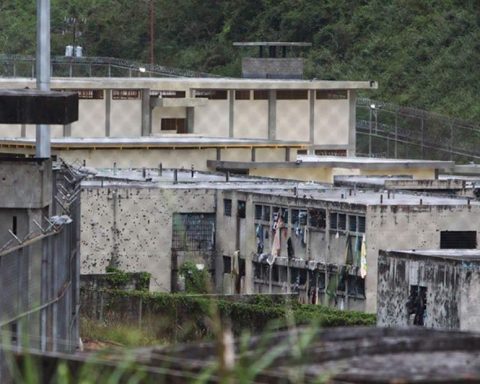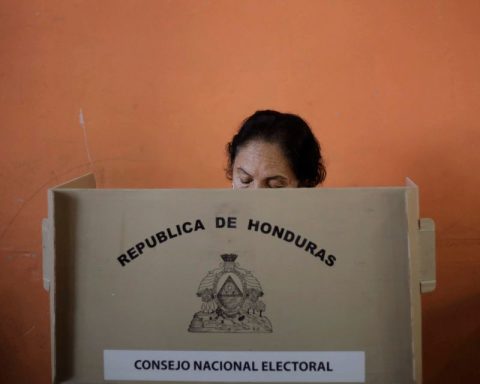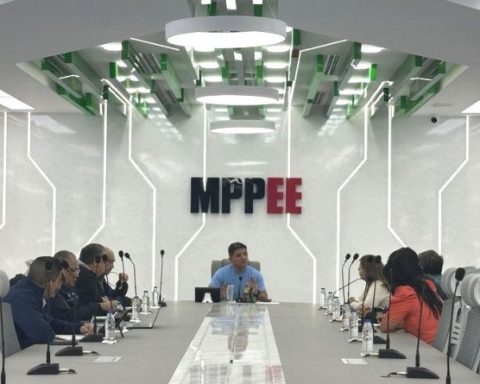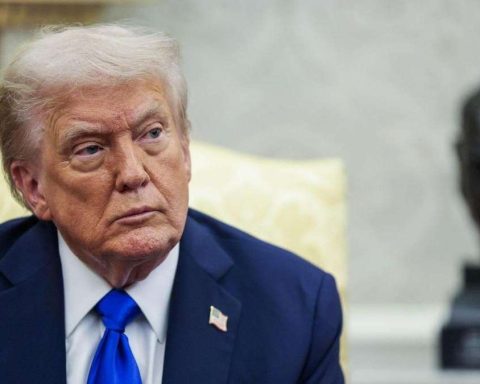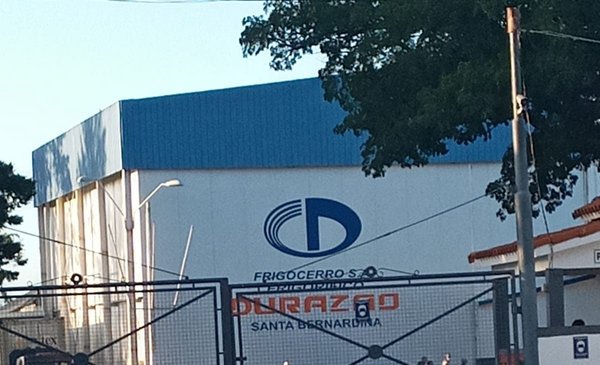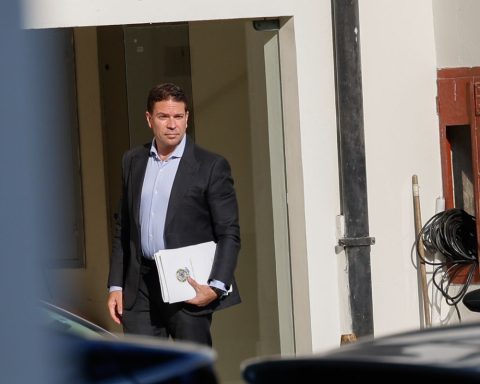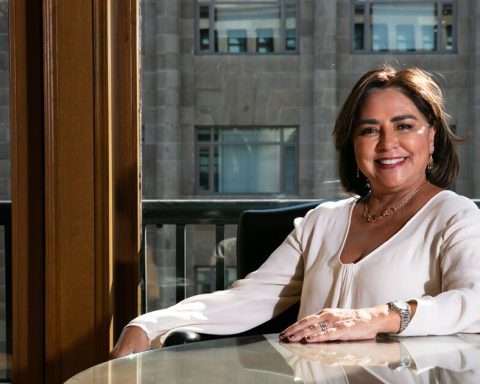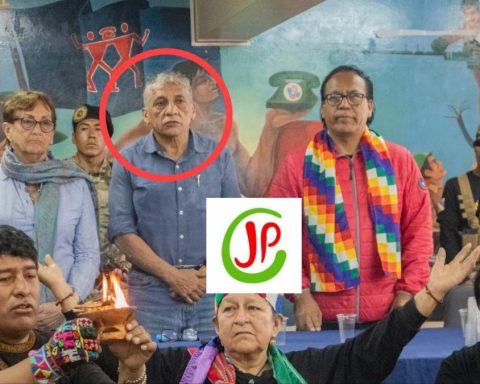Francia Márquez is the first female and Afro-descendant vice president of Colombia, a lawyer, activist and social leader who shows through her life story, the focus of a discussion on the weight of race and social classes within political leadership.
Francia Márquez Mina was invested as the first female and Afro-descendant vice president of Colombia, representing through her life story, the focus of a discussion that revolves in Colombian politics about the weight of race and social classes within political leadership and the power.
Márquez was sworn in before Colombian President Gustavo Petro, emphasizing in a few words that he swore allegiance “before the Constitution, the people of Colombia and their ancestors until dignity becomes customary».
I swear before God, the people of Colombia, my ancestors, to respect the Constitution and work for Colombian men and women who have historically been excluded, until dignity becomes customary. #ChangeIsToday pic.twitter.com/A6f0kdBuu4
– Francia Márquez Mina (@FranciaMarquezM) August 7, 2022
mine’s daughter
France Marquez was born in 1981, in a village in the municipality of Suárez, in the Cauca region, a mountainous department in southwestern Colombia. She is the daughter of a midwife, farmer and miner and her father was also a miner and worker.
At the age of 16, Márquez became a single mother and to support her son she began working in the gold mines and later worked as a domestic worker. But even before going out to work to earn a living, she became a social environmental activist since she was 13 years old, when she participated in the process of evaluating the impacts that the diversion of the Ovejas River would generate in her community, in the dam. Wild.
Not since the abolition of slavery in 1851 had the Afro-Colombian population experienced such a momentous historical event as the election of @francemarquezm as Vice President of Colombia. Her arrival in this position opens the way to dignify citizen rights. pic.twitter.com/JkTM687ThB
— Memory Signal (@SenalMemoria) August 6, 2022
In 2009, a process began to prevent the Afro-descendant communities of the community council of La Toma, in Suárez, from being evicted from their ancestral territories because the government had given multinationals such as Anglo Gold Ashanti and other people mining titles. She and other social leaders claimed that the right to free and informed consent had been violated.
Márquez developed his career as an environmental activist while graduating as a lawyer, and little by little his figure and his political discourse He focused on the debate within Colombian society about the weight of race and social status, around the possibilities of generating a leadership that was really inclusive of “the nobody”, as he described the social group of the population that -like her- has historically been left out of decision-making spaces.
Road to the vice presidency
In 2014, Francia Márquez drew national attention when she led a 640-kilometre march from Cauca to Bogotá, demanding that the government stop illegal miners who had invaded her community with backhoes.
The march ended with a sit-in at the Ministry of the Interior and an agreement with the government. Because of his work, Márquez won the Goldman Environmental Prize, sometimes called the “environmental Nobel.”
From then on, she became a national phenomenon, which put her in the interest of then-candidate Gustavo Petro, who made her his running mate. Márquez mobilized groups traditionally relegated, which allowed him to win third place in the presidential primaries of March 2021.
During the campaign, Márquez faced various episodes that highlighted what it meant to be a woman, black and of humble origin: a Colombian singer and TV presenter called her King Kong; a right-wing senator suggested that it should be “coherent” and change her name because France “was a colonizing slave empire”; and the president of the Senate defined her as the candidate of the National Liberation Army, a violent rebel group; without counting the death threats he received directly on tour when she was a candidate.
As vice president, she will face several social and political challenges, one of which will be being able to effectively assume the actions delegated by President Petro, since, as she herself has highlighted, she occupies a position with limitations that requires a combination of execution and decisions that legally fall on the presidential figure.
With information from Semana, The New York Times and RCN
Post Views:
417
